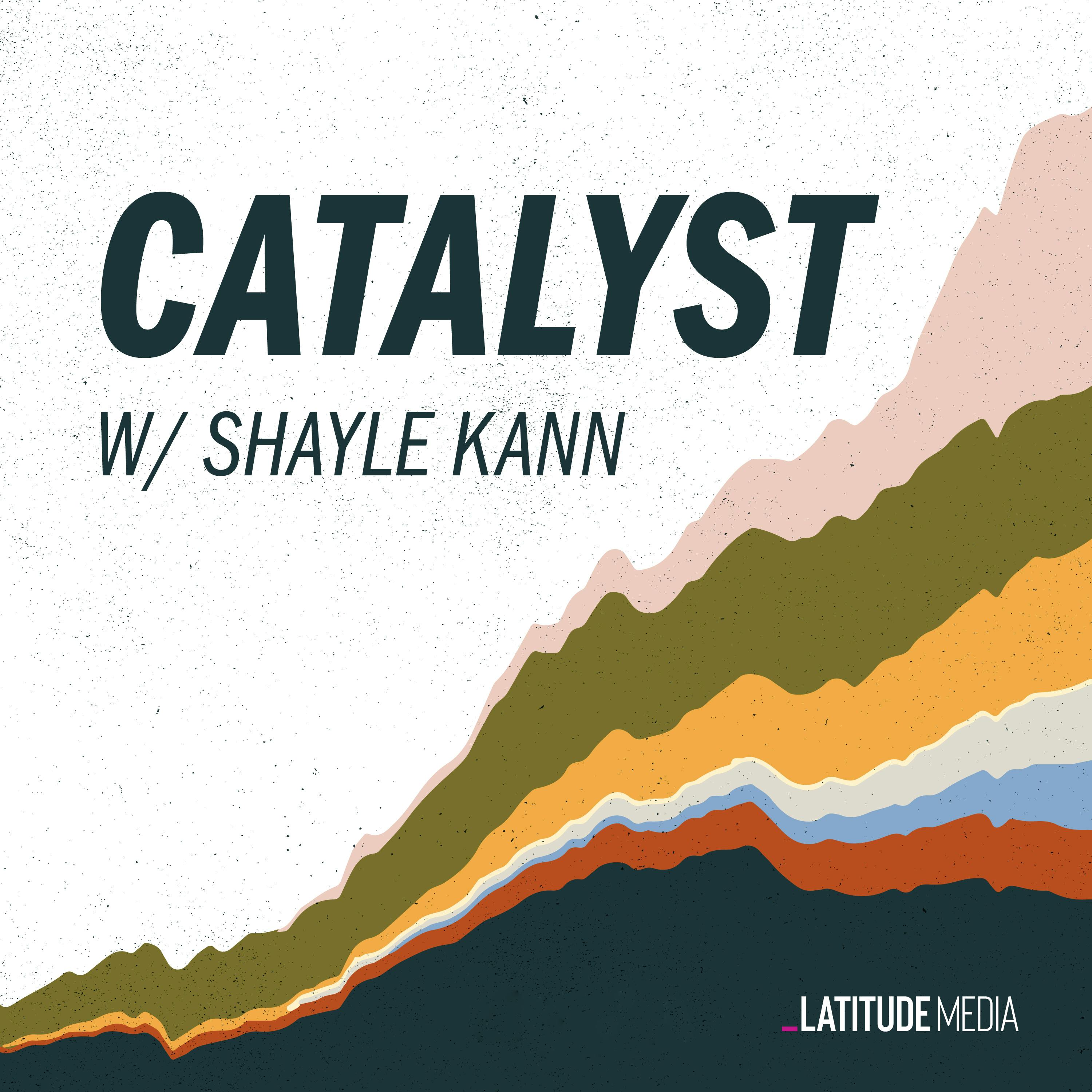Solving the cow burp problem
Description
Agriculture in the U.S. produces more methane than the American oil and gas industry, and the biggest share of that agricultural methane is from enteric fermentation – essentially cow burps. Cows and other ruminant animals release methane because of the way they digest food. And as animal protein consumption rises, so will enteric emissions.
It’s a problem for climate change, but also for farmers. Methane is wasted energy that could have been used for beef or dairy production – and so enteric methane production is a challenge that researchers have been trying to solve for years. Some promising solutions are starting to make it into practice.
In this episode, Shayle talks to Charles Brooke, program manager for enteric methane at Spark Climate Solutions. Shayle and Charles cover topics like:
Why most enteric methane comes from small-holder pasture-raised animals, instead of feed-lot-raised animals.
The different solutions in the pipeline, such as better livestock management, feed additives, vaccines, and breeding.
The challenges with feed additives that animals must eat everyday, like bromoform, Bovaer, and 3-NOP.
How vaccines and breeding could shift global populations more permanently.
The barriers to adoption, such as regulatory hurdles and public skepticism.
Recommended Resources:
Federation of American Scientists: Climate-Smart Cattle: US Research and Development Will Improve Animal Productivity, Address Greenhouse Gases, and Hasten Additional Market Solutions
USAID: Endline Methane Assessment of KCDMS Dairy and Fodder Value Chain Activities in Kenya
Food Climate Research Network: Grazed and Confused
American Society for Microbiology: The Role of microbes in Mediating Climate Change
Environmental Defense Fund: Tackling Enteric Methane
Catalyst is supported by Antenna Group. For 25 years, Antenna has partnered with leading clean-economy innovators to build their brands and accelerate business growth. If you’re a startup, investor, enterprise or innovation ecosystem that’s creating positive change, Antenna is ready to power your impact. Visit antennagroup.com to learn more.
More Episodes
The IPCC says that we likely need to capture hundreds of gigatons of CO2 if we want to limit global warming to 1.5 degrees Celsius. So what are we going to do with all that carbon?
In this episode, Shayle talks to Julio Friedmann, chief scientist at Carbon Direct. Julio says we will store the...
Published 05/02/24
Published 05/02/24
Rare earth elements (REEs) are essential ingredients in electric vehicles, wind turbines, and many electronics. As with most critical minerals, China controls the vast majority of the REE supply chain. And so when it banned the export of REE processing technology last December, it raised concerns...
Published 04/25/24


